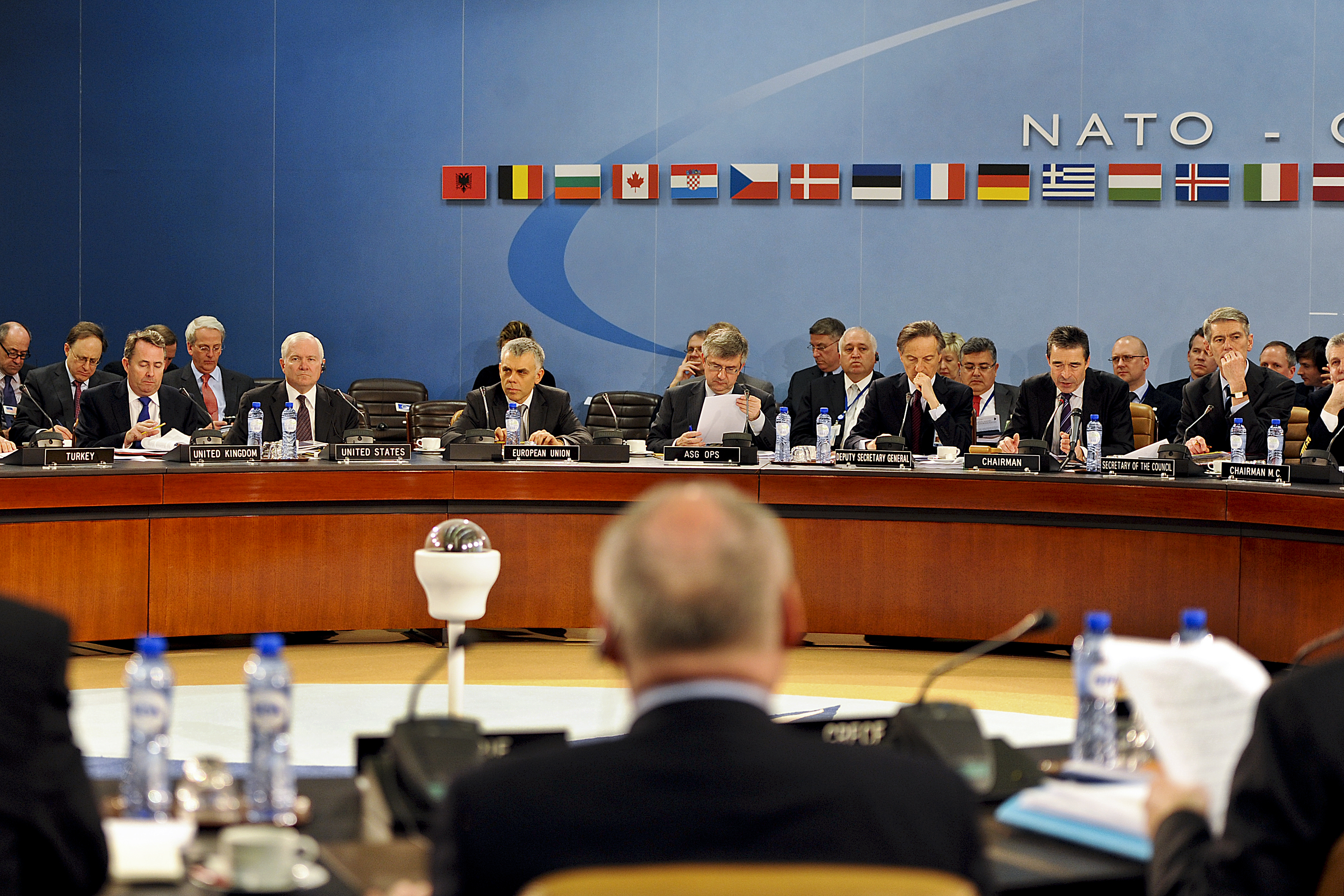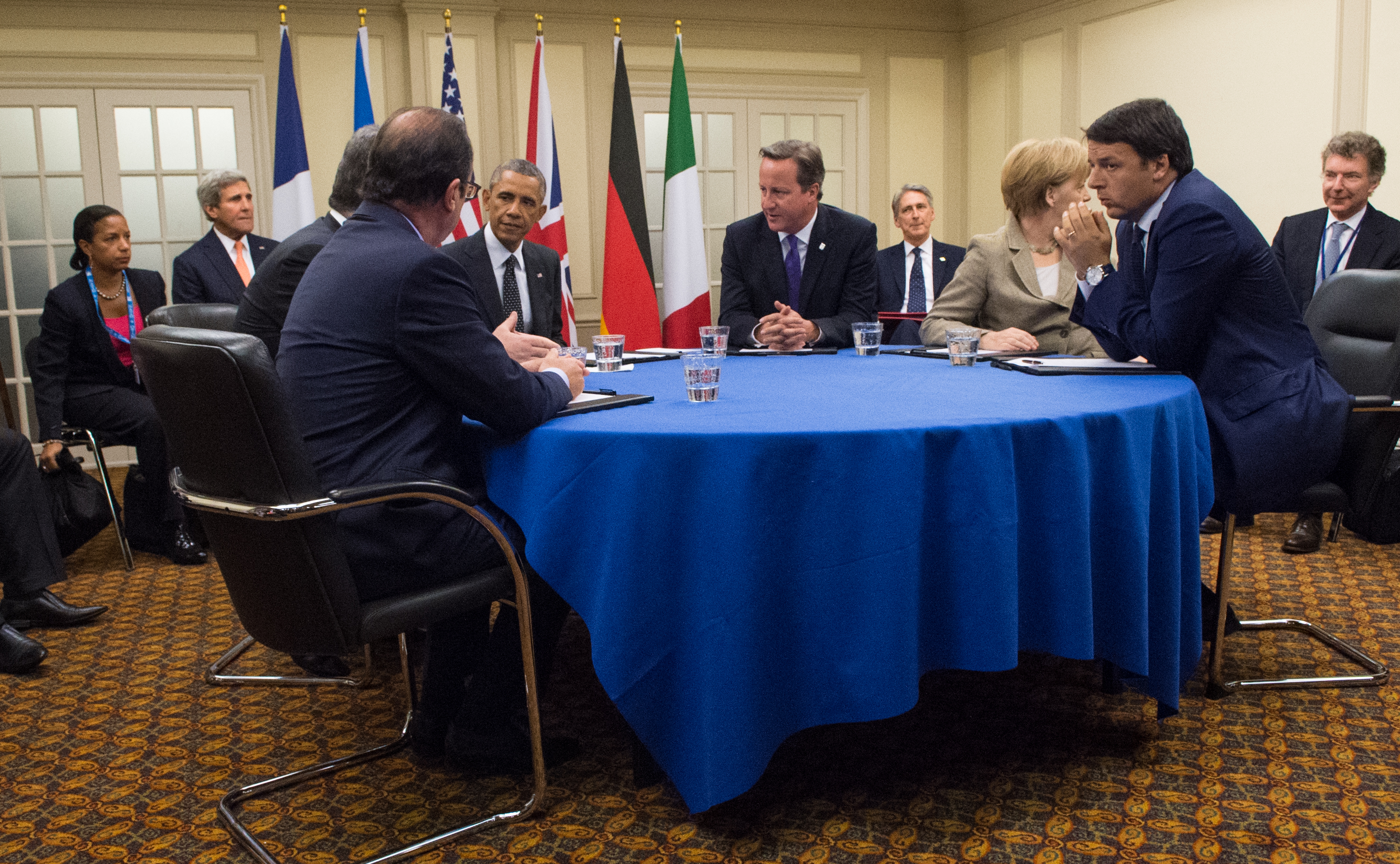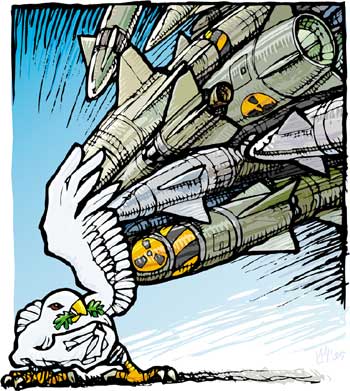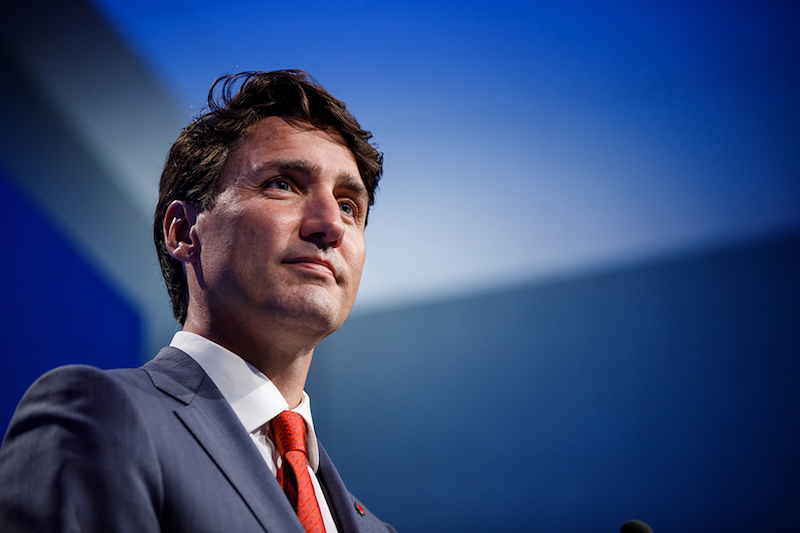Multilateral institutions such as the UN or EU aim to bring nations together and to create alliances and bonds under a common goal. Whether it is that of political ideology, peace, economics and in the case of NATO, security. This series will discuss Canada-NATO relations, specifically the various conflicts we have been involved in and how that has shaped the Canadian legacy. Canada has been a part of NATO from the very beginning. It has shaped a great deal of policy within the institution and likewise, NATO has shaped a great deal of Canadian foreign policy and Canada has also shaped NATO policy. Let us begin by analyzing the basic functions of this Canadian-NATO relationship and how it has evolved over the years.
NATO is an intergovernmental military alliance of which Canada has been a member of since its founding in 1949. NATO is a very important part of Canadian security and national defence policy. The Alliance was founded on April 4, 1949 during the signing of the Washington Treaty. The environment in which NATO was created, according to Lester B. Pearson was one “born out of fear, frustration and hope.” The fear was born out of Soviet aggression and frustration was born out of the incapabilities of the United Nations, having fallen short of their goals, unable to protect member states. Lastly, there was a hope that NATO would go beyond simply being a “narrow and old-fashioned military alliance.” It was believed alliances with like-minded nations would prevent isolationist policies. History had shown that division caused conflict and extreme violence. Strong alliances between similar nations and democratic ideals are important to maintain peace.
NATO is not simply just a military alliance, it does aim to maintain peace. According to the “Tell me about NATO” publication, an important article in the NATO charter, or sometimes known as the “Canadian article” states the following:
“The parties will contribute towards the further developments of peaceful and friendly international relations by strengthening their free institutions, by bringing about a better understanding of the principles upon which these institutions are founded, and by promoting conditions of stability and well-being. They will seek to eliminate conflict in their international economic policies and will encourage economic collaboration between any or all of them.”
Canada also participated in initiating Science program for NATO. Known as the “Three Wise Men”, ministers Halvard Lange (Norway), Gaetano Martino (Italy) and Lester B. Pearson (Canada), started this program to promote scientific developments. This involved providing assistance to work toward research and development in engineering, biology and even environmental sciences. In short, NATO has been a more well-rounded organization focusing on development internationally to promote peace and prosperity.
According to the official website of the Government of Canada, discussing Canada-NATO relations: “The alliance is the embodiement of the transatlantic link that binds North American and European security together.” Canada has been involved in several operations through NATO, including the Balkans, Afghanistan and Libya. Canada has also been involved in operations to combat piracy, having contributed ships such as the HMCS Fredericton and HMCS Winnipeg. From October to December 2008, operation Allied Provider, escorted 30,000 tons of Humanitarian Aid to Somalia. This operation shows that NATO strives for something beyond “security” and works toward international prosperity and peace. It has worked in collaboration with NGO’s and humanitarian efforts in hopes of maintaining a stable international order.
Canada, and NATO, has a similar agenda in regards to foreign policy. Canada has been a nation that has prided itself on being internationally recognized for its humanitarian and peacekeeping efforts. Additionally, Canada has also tried to promote democratic ideals around the globe. Its participation in NATO is in the hopes of continuing this effort on a multilateral platform and bring about a more peaceful international environment.




